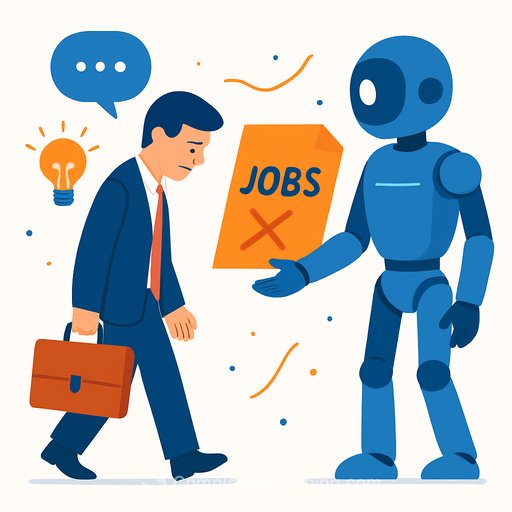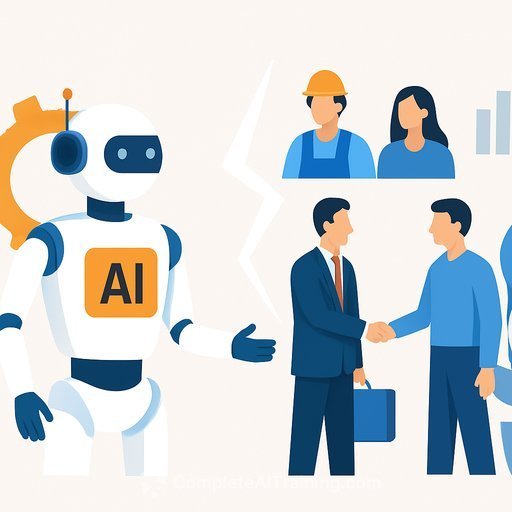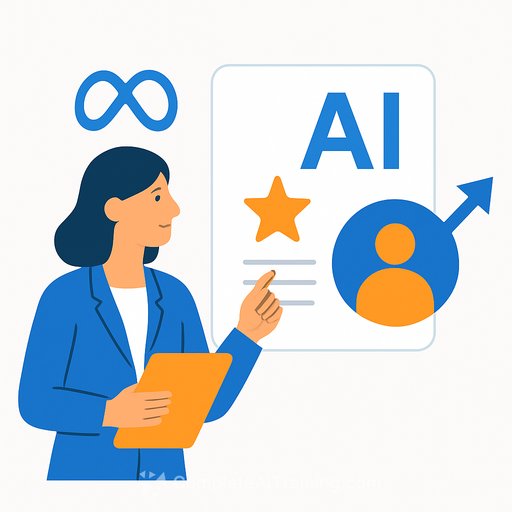Leading the AI Leap: Why Your Managers Are Key to Workplace Transformation
Artificial intelligence is changing how work gets done across organizations. From strategic decision-making to daily operations, AI tools are becoming part of the fabric of modern workplaces. But success depends less on technology alone and more on how people manage its adoption.
Managers—especially those in middle and frontline roles—are critical. They connect leadership’s vision with the teams executing tasks. Equipping them with AI skills ensures smoother integration and greater acceptance among employees.
The Role of Managers in AI Adoption
Julie Bedard, Managing Director & Partner at Boston Consulting Group (BCG), highlights that managers act as the bridge between AI initiatives and the workforce. Their understanding of AI capabilities and limitations shapes how teams adjust workflows and leverage new tools.
- Translating strategy into action: Managers interpret organizational goals involving AI and tailor them to their teams’ specific challenges.
- Building confidence: They help employees overcome fear or skepticism around AI by demonstrating practical benefits.
- Facilitating learning: Managers identify skill gaps and encourage ongoing AI training.
Why HR Should Focus on Manager Enablement
HR teams play a pivotal role in preparing managers for this shift. This means designing targeted training programs that go beyond general AI awareness to develop hands-on skills relevant to their daily responsibilities.
Managers who are comfortable with AI tools can:
- Improve efficiency by automating routine tasks
- Make data-driven decisions with AI insights
- Support employees in adapting to new processes
By investing in manager enablement, HR fosters a culture where AI is seen as an enabler rather than a threat.
Practical Steps to Equip Your Managers
- Assess current skills: Identify which AI competencies your managers need most.
- Provide relevant training: Use tailored courses focusing on AI tools managers will actually use on the job.
- Create support networks: Encourage peer learning and share success stories within the organization.
- Measure impact: Track how AI adoption improves team performance and adjust training accordingly.
For HR professionals looking to build effective AI training programs, resources like Complete AI Training’s courses by job role offer practical options to skill up managers and frontline leaders.
Conclusion
AI's influence on work is unavoidable, but its success depends on people—especially those leading teams day-to-day. Empowering managers with the right skills and mindset turns AI from a tech initiative into a real workplace advantage. HR’s role in this transformation is clear: prioritize manager enablement to ensure AI adoption delivers lasting value.
Your membership also unlocks:






